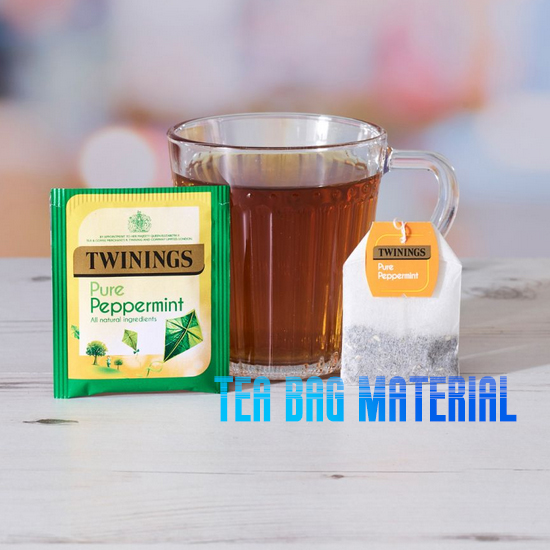Twinings, a globally recognized tea brand with over 300 years of history, has become synonymous with quality, tradition, and innovation. Known for its diverse range of teas, Twinings offers a variety of tea bag types to suit every preference. Beyond its flavorful blends, the brand has taken significant steps to address the environmental impact of its products, particularly through its choice of tea bag materials. Do you know what material are twinings tea bags made from?

This article explores the types of Twinings tea bags, their materials, and the brand’s commitment to sustainability with plastic-free solutions and innovative trends.
Overview of Twinings Tea Bag Types and Materials
Twinings caters to a wide array of tea enthusiasts with its versatile product line, offering:
- Traditional String and Tag Tea Bags
These classic tea bags, ideal for single-serving use, are made using a mix of paper fibers reinforced with plastic for heat sealing, known as ES non woven filter paper. - Pyramid Tea Bags
Designed to provide more space for tea leaves to expand, these bags often use a biodegradable plant-based alternative, such as PLA nonwoven fabric. - Loose-Leaf Tea Bags
A premium option for loose-leaf enthusiasts, these bags balance convenience with the authentic flavor of loose tea leaves.
Historically, Twinings used materials such as heat-sealable plastic for durability and convenience. However, growing environmental awareness has pushed the brand to explore greener alternatives, particularly in addressing the challenge of plastic waste.
Twinings Plastic-Free Tea Bag Options
In recent years, Twinings has embraced sustainability by introducing plastic-free tea bags. This shift is a response to consumer demand for eco-friendly products and global efforts to reduce microplastic pollution.
Key Plastic-Free Tea Bag Options:
- Cornstarch-Based Biodegradable Bags
Twinings has replaced nylon with Polylactic Acid (PLA), a plant-derived bioplastic from cornstarch, for its pyramid bags. These bags are compostable in industrial facilities and provide a plastic-free alternative without compromising quality. - FSC-Certified Paper Bags
Many of Twinings’ traditional string-and-tag tea bags now use paper certified by the Forest Stewardship Council (FSC). These bags are reinforced with plant-based sealants instead of conventional plastic. - Compostable Tea Bags
Twinings offers fully compostable tea bags in selected product lines. These bags decompose in home composting systems, making them convenient for eco-conscious consumers.
This transition to plastic-free materials highlights Twinings’ dedication to reducing its environmental footprint and aligns with broader sustainability trends in the food and beverage industry.
Trends in Twinings Tea Bag Materials
Twinings’ efforts in sustainability reflect broader industry trends and future opportunities:
- Focus on Renewable Resources
The move towards plant-based, renewable materials like cornstarch and FSC-certified paper shows a commitment to using resources that are not only eco-friendly but also sustainable for long-term production. - Enhancing Transparency
Twinings emphasizes transparency by sourcing materials that adhere to global sustainability standards, such as FSC certification and biodegradable certifications. - Advanced Biodegradable Technologies
As technology evolves, Twinings is likely to adopt next-generation biodegradable materials that decompose more efficiently in natural environments. - Circular Economy Integration
With compostable and recyclable materials, Twinings contributes to a circular economy where products and packaging return to the ecosystem without harm.
Twinings’ proactive approach to sustainable tea bag materials not only meets consumer expectations but also sets a benchmark for competitors in the tea industry. By balancing quality, tradition, and environmental responsibility, Twinings reinforces its position as a leader in both taste and sustainability.
